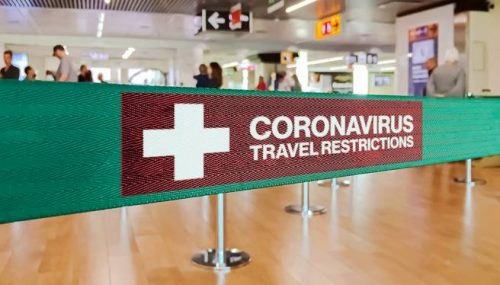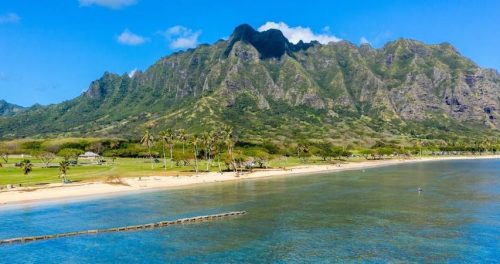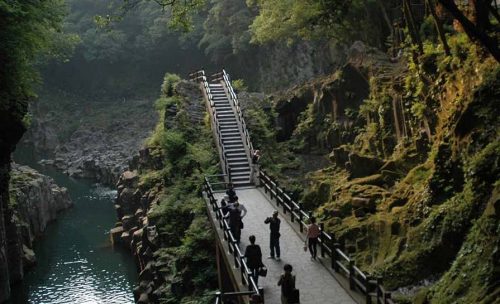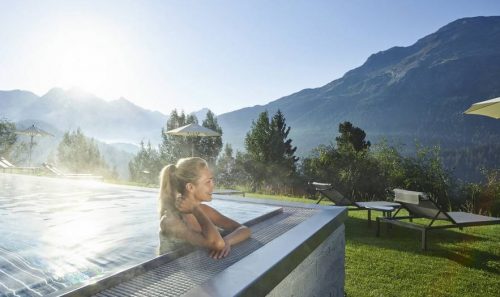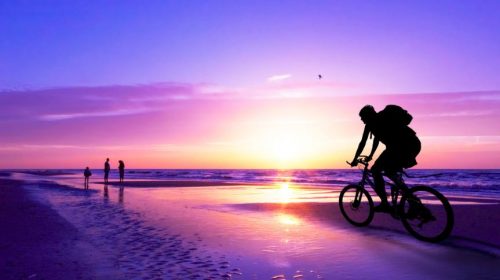Singapore, Singapore, July 20, 2020 / TRAVELINDEX / ITB Asia, MICE Show Asia and Travel Tech Asia have announced that this year’s event will go virtual with the live event postponed to 2021. Messe Berlin (Singapore) announced today that ITB Asia, MICE Show Asia and Travel Tech Asia will go virtual from 21 – 23 October 2020. Originally scheduled on the same dates, the annual travel trade show will instead be held on a virtual platform, due to the uncertainty over continued global travel restrictions and safe distancing measures.
The virtual event will be hosted on a newly developed platform, also known as the ITB Community. ITB Community is set to launch on 12 August 2020. In addition to hosting this year’s edition of ITB Asia, MICE Show Asia and the inaugural Travel Tech Asia, ITB Community will also facilitate a year-long virtual engagement programme for key stakeholders which will allow them to continue forging new partnerships and strengthen existing business relationships with important players in the region.
Ms Katrina Leung, Managing Director, Messe Berlin (Singapore) said, “We undertake a huge responsibility as Asia’s leading travel trade show to adapt and serve the travel trade community in recovery. Taking into consideration the need for businesses to connect, it is imperative for us to unite the community to enable business meetings to take place for a seamless knowledge exchange. ITB Community will be the latest permanent addition to a wide variety of offerings we have for our customers to tap into for their business success.”
The three-day virtual event for ITB Asia, MICE Show Asia and Travel Tech Asia will incorporate key features such as business matching between buyers and sellers, top notch conference sessions, virtual exhibition and more, creating a marketplace for the travel industry.
ITB Asia, MICE Show Asia, Travel Tech Asia 2020 – A Virtual Experience
The 2020 virtual edition for ITB Asia, MICE Show Asia and Travel Tech Asia will be complimentary and serves as a value-add to all confirmed exhibitors[1][1] of ITB Asia 2021. With over 5,000 pre-qualified international MICE, corporate and leisure buyers invited with a full-access pass to the exclusive virtual event, the three-day event will be available 24/7 to attendees to access business matching, conference sessions and the exhibitor directory.
Mr Andrew Phua, Executive Director, Exhibitions and Conferences, Singapore Tourism Board, said: “ITB Asia is Asia’s leading marketplace of ideas, concepts and products for the international travel industry. We are heartened that it is pivoting to a new event model this year, demonstrating the travel trade’s ability to innovate and continue forging important partnerships in this challenging time. Virtual and hybrid event formats are likely to continue to complement future physical events, and we are confident that Singapore will continue to lead the way forward in this area.”
ITB Asia, MICE Show Asia and Travel Tech Asia 2021 – Live Exhibition
The ITB Asia, MICE Show Asia and Travel Tech Asia live event will be rescheduled to next year, 27 – 29 October 2021, at Sands Expo & Convention Centre, Singapore. Till date, over 165 exhibitors have already confirmed their participation in ITB Asia 2021.
About ITB Asia
ITB Asia is organised by Messe Berlin (Singapore) Pte Ltd and supported by the Singapore Exhibition & Convention Bureau. The annual three-day B2B trade show and convention will feature hundreds of exhibiting companies from the Asia-Pacific region, Europe, the Americas, Africa and the Middle East, covering not only the leisure market, but also MICE and corporate travel. Exhibitors from every sector of the industry, including destinations, airlines and airports, hotels and resorts, theme parks and attractions, inbound tour operators, inbound DMCs, cruise lines, spas, venues, other meeting facilities and travel technology companies are all expected to attend.
ITB Asia is the premier meeting place for the travel trade industry for forging new partnerships and strengthening existing business relationships with the most important players in the region. ITB Asia’s 2019 edition saw huge success with over 1,300 exhibitors, over 1,250 quality buyers, more than 7,000 minutes of conference and more than 13,000 attendees.
About MICE Show Asia
MICE Show Asia is where the incentive travel, meetings and events industries come together to connect and build the future of MICE. The annual three-day business-to-business trade show and convention featured industry suppliers, meetings & events professionals to up-and-coming MICE innovators from a wide range of disciplines, sectors and all levels of seniority. The show is co-located with ITB Asia.
About Travel Tech Asia
Organized by Messe Berlin (Singapore) Pte Ltd and supported by the Singapore Exhibition & Convention Bureau, the inaugural three-day conference will feature leading travel brands and innovative start-ups to attendees from all levels of seniority across a wide range of disciplines and sectors in the travel industry. The conference will be co-located with ITB Asia and MICE Show Asia.

